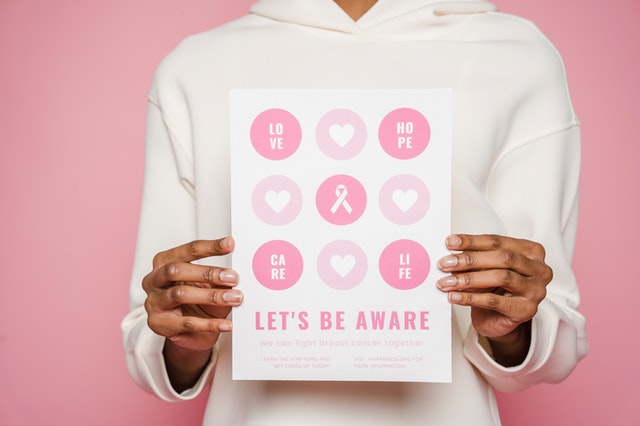Most people are aware that a clean house is more visually appealing than a dirty one and can save you the hassle of dealing with things such as ants and roaches down the road. The same is true for office spaces. A clean office is better for those who work in the office as well as visitors to the office. Here are three reasons to keep your office areas neat and clean.

1. A Good First Impression
Whether you are dealing with new hires, customers, or vendors, a tidy space shows others that you and your coworkers take pride in what you do and pay attention to the details. Not only is a clean space nicer to look at, but it is likely to smell better too, which is also a factor in making a good first impression.
2. Health Reasons
Keeping a clean office reduces the amount of dust and the potential for mold growth. These things can cause allergies and other health hazards in susceptible people. Some signs of mold exposure include rash, red eyes, and itchiness. Always have some janitorial supplies Dorchester County MD on hand to clean up spills and other messes in the office. Getting rid of clutter is also beneficial for reducing the likelihood that someone will trip and fall on something stored on the floor.
3. Productivity
Most people work more efficiently when their space is tidy and as free of distractions as possible. Keeping your desk and the surrounding areas clean allows you to focus more closely on the task at hand as well as any customers you need to attend to. If it is not possible to keep your workspace clean and still get your work done, consider hiring an outside company to clean the office weekly.
These are three reasons to keep your office clean.




